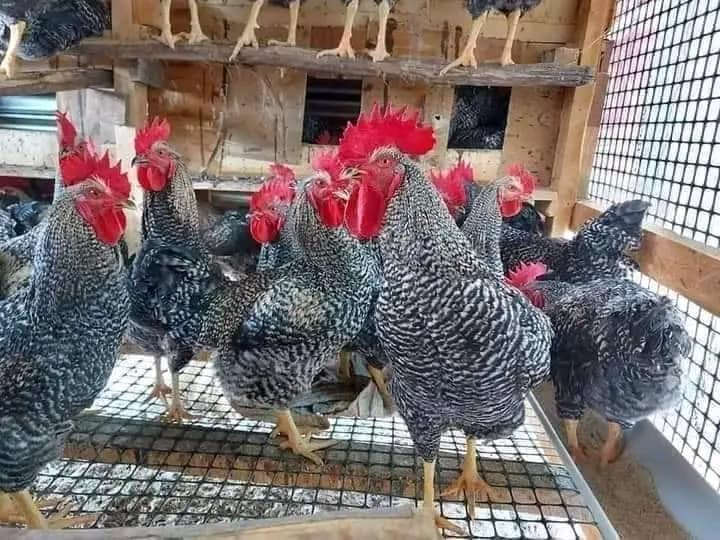WAYS TO MAKE YOUR CHICKEN LAY MORE.
1. Access to clean water:
They need clean, fresh water every day to support their bodily needs. I know, you see them drinking from muddy puddles and ditches but they really should have clean water. That murky water you see them drinking may contain parasites and bacteria that can make them sick.
If hens become dehydrated they will not lay eggs and it will take them a few days to start laying again.
2. Reducing Stress
Chickens can get stressed by small and inconsequential things such as a change of feed, loud noises, a squirrel in the run, and other trivial things that we would not even think about.
It is your job to try and keep the stress down to a minimum if you want your chickens to lay eggs.
3. Calcium
A hen that lacks calcium will lay soft-shelled or shell-less eggs. Soft shell eggs look like regular eggs but when you pick them up, they are not hard they are quite malleable in the hand. A shell-less egg looks exactly like it sounds, there may be a thin membrane holding everything inside, but there is no solid shell.
4. Enough Space
Chickens do not like to be crammed together. They like having enough space to flap their wings!
Inside the coop, each chicken should have 4 square feet of space, and outside in the run, they each need at least 8 square feet.
Just remember that crowding them can lead to health and behavioral issues.
They may start pecking and feather plucking, egg eating, and a host of other anti-social behaviors. The weaker birds get trampled on too and can suffer from injuries.
By giving them enough space you are providing for their mental and emotional well-being. A happy and content chicken is going to be healthier and more productive than a hen that is unhappy and depressed.
5. Parasites And Bugs
Bugs are not only irritating but they can be very bad for your hens’ health.
Mites in particular will suck your hens’ blood overnight.
In severe cases, this can lead to anemia and death, even in mild cases the hens are made miserable by the biting and skin irritation.
Lice can cause intense irritation and damage to their feathers.
Internal parasites such as worms can cause intestinal problems and also can interfere with the absorption of vital nutrients from their food.
None of these issues are pleasant and they can all cause your chickens to stop laying eggs.
By performing health checks once a month, you can keep all of these problems under control and keep your chicken laying eggs.
6. Cleanliness
7. Support in molting
The molt is a miserable time for your chickens.
They are losing old battered feathers and replacing them with beautiful new ones, but it can be painful for them.
Those new feathers coming in are full of blood and nerve supplies which makes them exquisitely sensitive to the touch, so try not to handle them when they are in this period of growth.
During the molt, your chickens will not lay eggs.
While you cannot prevent the molt you can help them get through it a bit quicker by providing a higher-quality feed.
You will need to increase their protein intake from 20% to 22% during their molt. Also, make sure they have enough vitamins and trace elements by giving them a powder supplement in their water once every couple of weeks (too much is as bad as not enough).
8. Quality feed
If you want your hens to lay lots of eggs then you need to feed them good-quality nutrition.
Chicken feed is relatively cheap and trying to save money by buying cheap quality or cutting rations with extra corn or scratch will hurt your flock’s egg laying.
If you are raising them from chicks then they must have a high protein (20%) feed to grow and develop properly. As your chicks get older and become pullets they should move over to a complete layer feed with 16% protein.
9. Picking The Right Breed
This is without doubt the single most important item on the list.
If you want your hen to lay lots of eggs then do not buy breeds that are known to be poor egg layers.
There are several breeds out there that can lay over 250 eggs per year – that is roughly five eggs per week. Multiply that by each hen you have and your egg basket is going to be very full!





